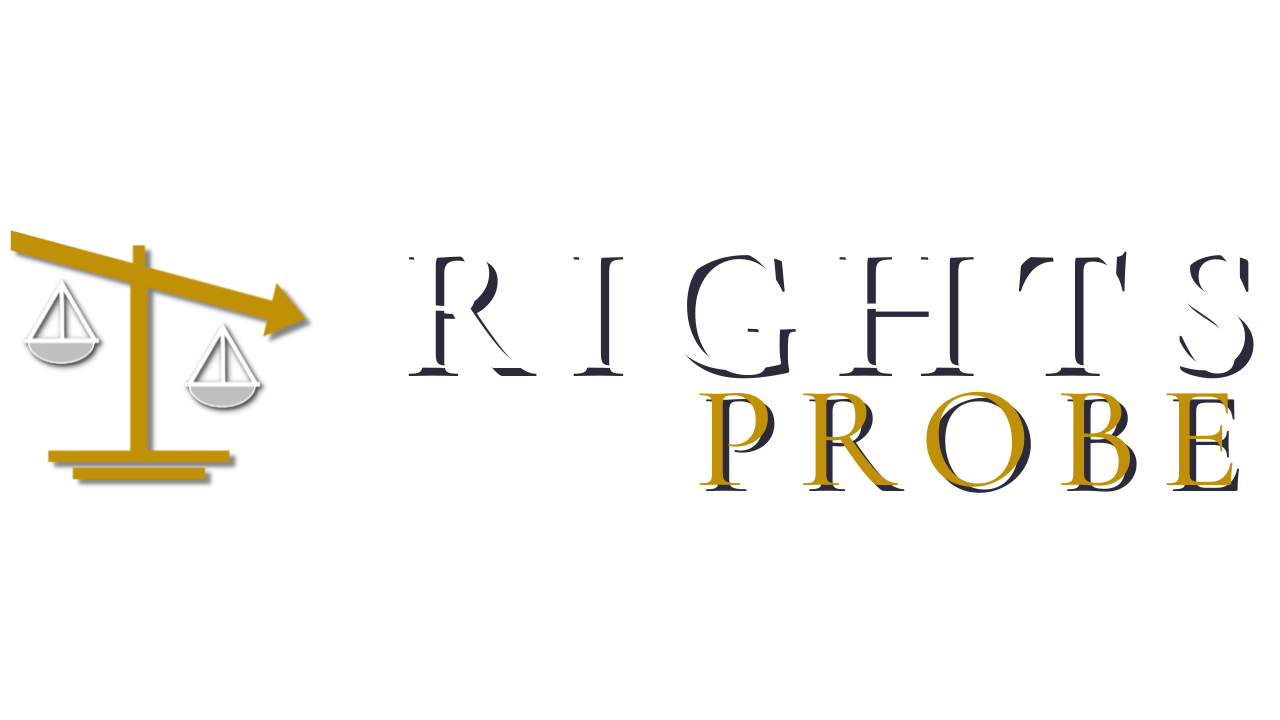Words had to change their meanings
By Nicholas Thorne | Substack
Shifting definitions of words—from “racism” to “free speech”—reflect a broader collapse of ethical norms that mirror ancient historian Thucydides’ account of semantic decay during societal breakdown.
Modern parallels abound, argues author Nicholas Thorne. His examples include law professor Bruce Pardy’s look at Canada’s double standards (e.g., condoning certain protests while vilifying others), U.K. professor of philosophy Kathleen Stock and her critique of weaponized language (e.g., reasonable concerns dismissed as “moral panics”), and U.S. author Abigail Shrier’s exploration of contradictions in phrases (such as “my body, my choice” … unless you refused the Covid vaccine).
Thucydides’ warning resonates, says Thorne: when ethical anchors vanish, language becomes a tool of control, enabling hypocrisy and paving the path to tyranny. Incremental changes—masked as progress—obscure the gravity of this shift, allowing powerholders to exploit fading traditions while consolidating authority.
Thorne’s return to ancient Athens reveals the logical endpoint is unrestrained power veiled as enlightenment—a trajectory evident in modern censorship, partisan justice, and the weaponization of language against individual autonomy.
Read the full essay at the author’s Substack here.
About the Author: Nicholas Thorne is the co-founder of the AI-focused company Audos. His Substack, “This Has Happened Before,” explores historical parallels with the present day through a focus on Plato and Thucydides.
